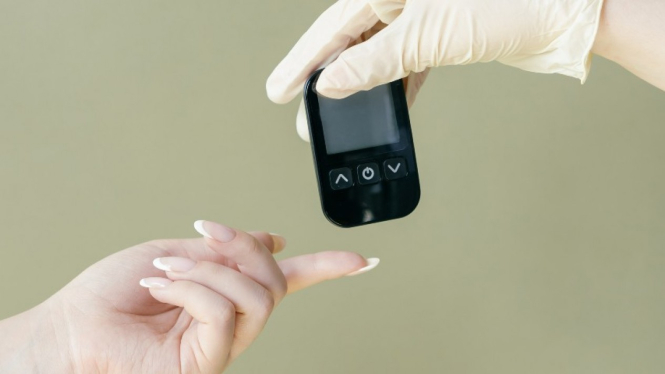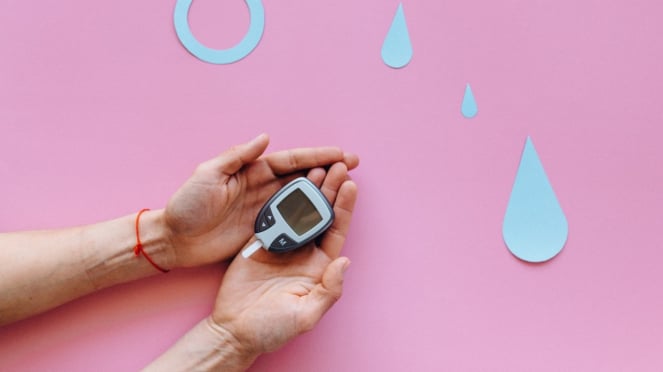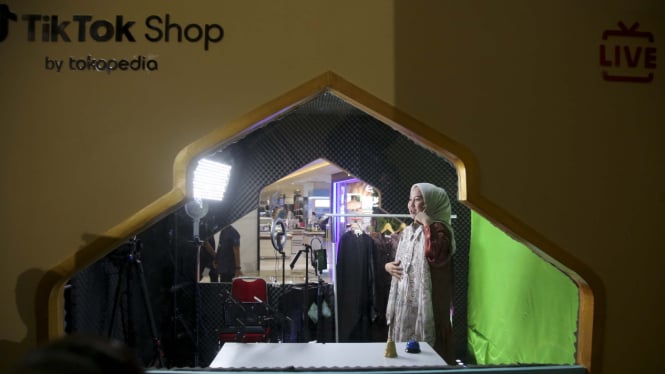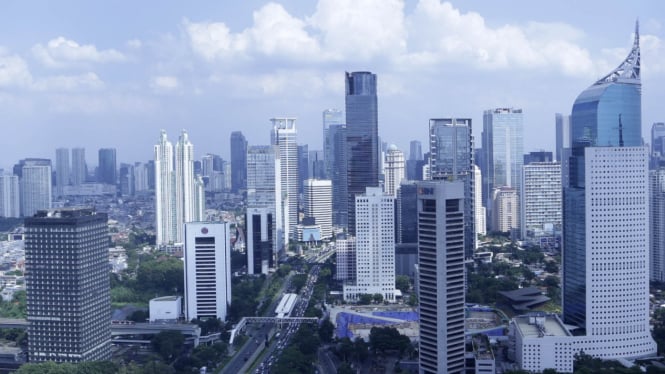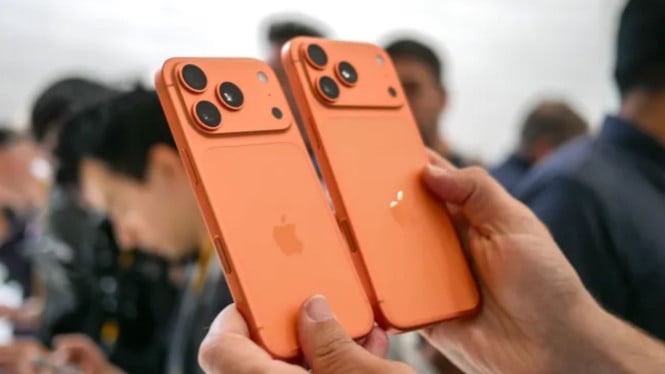Diabetes Blindness Rate in Indonesia Fifth Largest in the World
- Pexels/Mikhail Nilov
DME can be treated with anti-VEGF injections such as Bayer's Aflibercept which has obtained marketing authorization from BPOM. In Indonesia currently, anti-VEGF injections that have received BPOM approval are Aflibercept, Ranibizumab, and Brolucizumab.
Aflibercept is a drug that has a binding affinity to VEGF-A that is about 100 times stronger than that of Bevacizumab or Ranibizumab. Based on the Protocol T study, Aflibercept provides good vision improvement with fewer injections than other VEGF alternatives.
Ilustrasi diabetes.
- Pexels/Nataliya Vaitkevich
Administering Aflibercept every 8 weeks (after 1 injection per month for the first 5 months) may be a treatment option that reduces the total number of injections and clinic visits, which in turn reduces individual burden.
In addition, Aflibercept is also effective for treating eye problems other than DME such as age-related macular degeneration (AMD).
"Besides relying on anti-VEGF therapies such as Aflibercept, identifying and treating DME early is an important step in the management of diabetic patients, especially to maintain vision quality and minimize the risk of blindness due to DME," she explained.
"In addition, monitoring blood sugar regularly, maintaining blood pressure and cholesterol levels with a healthy diet, quitting smoking, and exercising regularly are steps that can help reduce the risk of diabetes and worsening DME. Consult with an ophthalmologist to get more in-depth information about DME, as well as treatment therapy options using Aflibercept," dr Santoso concluded.

